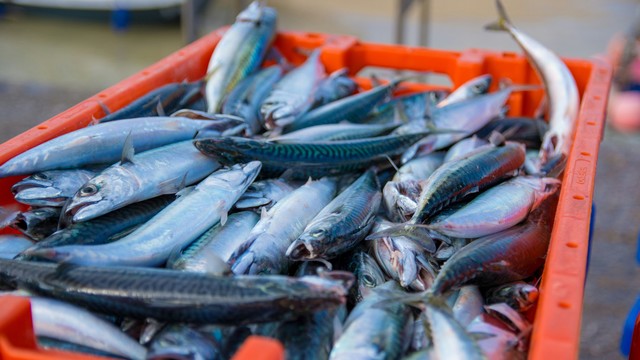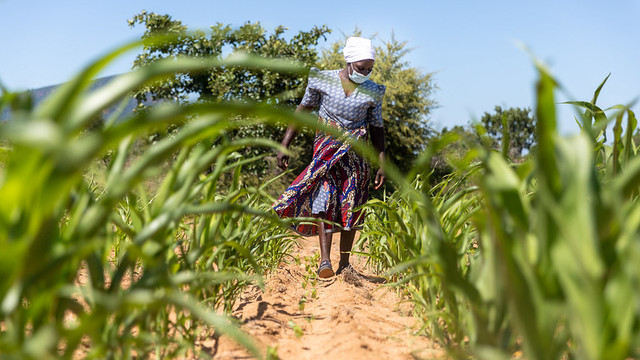Carbon-intensive ultra-processed ingredients subsidised by nearly $43 billion a year
Corn, beef and soy receive huge support as fresh fruit and vegetables hobbled by price controls.
Governments around the world are subsidising ingredients for ultra-processed foods (UPFs) by up to US$42.5 billion a year despite negative consequences for both people and planet, while production of fresh fruit and vegetables is hampered by tariffs, according to new analysis by IIED.
In total, 72 countries plus the European Union subsidised carbon- and land-intensive beef, chicken and pork meat, maize, wheat, soybeans and sugar by $149.2 billion a year on average between 2016 and 2021.
Using an estimated range for the proportions of these commodities which find their way into UPFs, researchers concluded that production of this food received support totalling between $14.5 billion and $42.5 billion a year, on average, during that period. This includes direct subsidies as well as the effects of tariffs and other policies.
By the same metric and in the same timeframe, government tariffs and price controls made fresh fruit and vegetables less attractive to consumers and producers to the tune of $16.3 billion a year – effectively a negative subsidy. The subsidies for important meat-substitute protein sources like nuts and pulses were just $4.6 billion and $1.1 billion respectively.
Alejandro Guarín, a principal researcher at IIED, said: “The food subsidy regimes of our biggest agricultural producers are plainly not designed to promote health either for consumers or the planet.
“The billions spent on meat in particular could be partly diverted to help farmers grow other, cheaper high-protein crops, like beans and lentils, which have a lower emissions footprint and also need less water and land.
“The developed world desperately needs to rethink its relationship with food and food production, which simply is not sustainable and is acting as a brake on climate action. Reforming subsidies could help make healthier, environmentally friendlier food more accessible to more people.”
UPFs are a concoction of the industrial age, created by deconstructing food into its basic components then modifying or recombining them with an array of additives and few, if any, whole food ingredients. The category includes junk food, snacks and ready meals some of which can be unhealthy. Some UPFs may be beneficial to health.
However, the production of UPFs relies on the large-scale supply of raw ingredients typically cultivated in fuel- and fertiliser-hungry systems associated with high greenhouse gas emissions – both directly and through loss of habitats that act as carbon sinks. Often these are mono-crop systems with poor support for biodiversity and poor resilience in the face of environmental disruption or disease.
These systems sometimes interact in complex ways. For example, extra subsidies for beef production in one country may lead to more demand for soybeans, a key cattle feed crop, produced elsewhere. This increases the price of those soybeans and drives plantation expansion to meet demand, on top of the loss of natural habitat to cattle farms.
This 'land use change' can be a major contributor to greenhouse gas emissions from food. Beef production in the 10 top-producing countries created the equivalent of 1,996 megatonnes of carbon dioxide (MtCO2eq) annually, on average, between 2016 and 2019; deforestation added another 900 MtCO2eq a year between 2010 and 2014.
Notes to editors
- Read a background briefing containing data tables and sources.
For more information or to request an interview, contact Simon Cullen:
+44 7503 643332 or simon.cullen@iied.org



